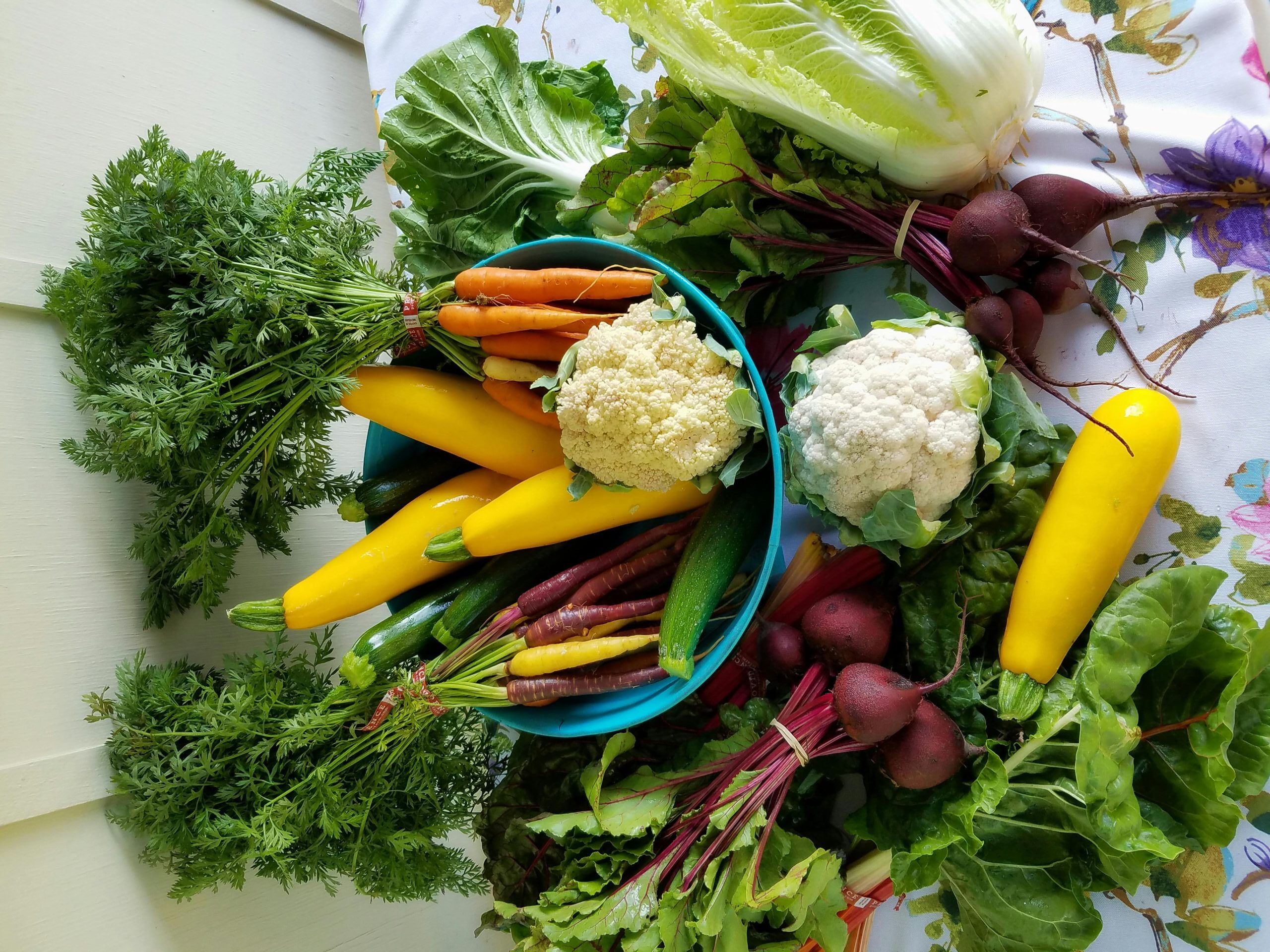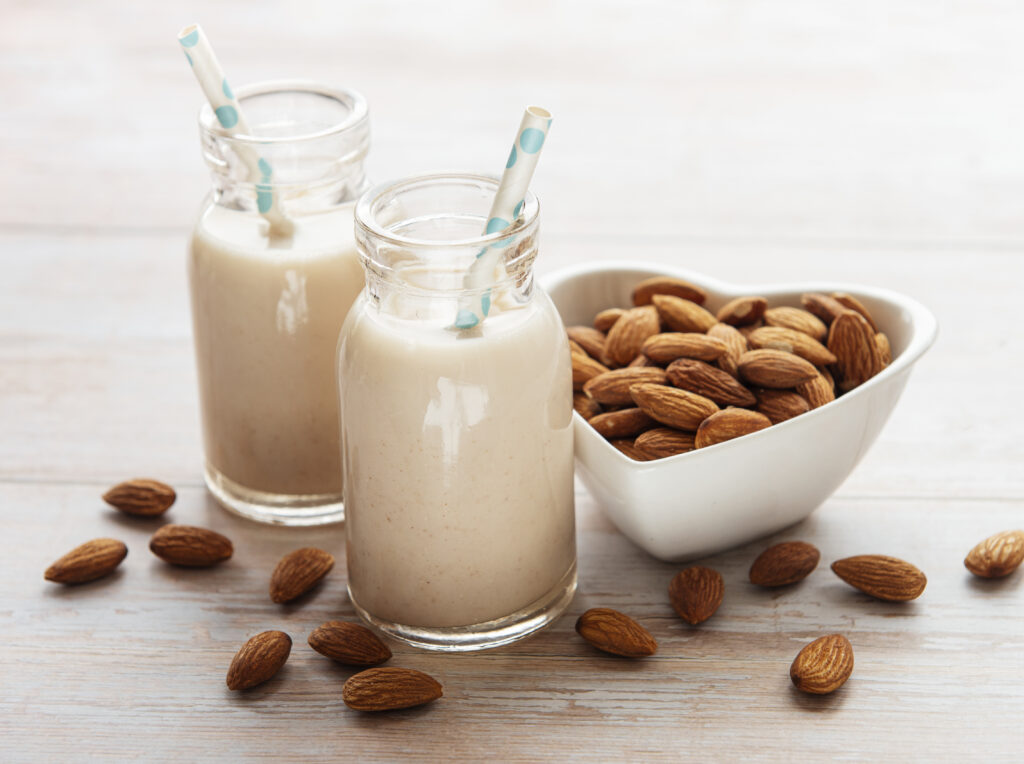How to Grow Vegetables at Home Easily and Successfully


Starting your day with a high protein breakfast can be a game-changer for your health and energy levels. Protein not only helps in building and repairing tissues but also plays a crucial role in keeping you full and satisfied throughout the morning. Whether you’re looking to maintain muscle mass, lose weight, or simply enjoy a nutritious meal, incorporating high protein options into your breakfast routine is a smart choice. This guide will explore various high protein breakfast options, provide practical tips for preparation, and help you avoid common pitfalls.
Many people venture into preparing high protein breakfasts with good intentions, only to face a few common pitfalls. One frequent mistake is not balancing protein with other macronutrients. While protein is essential, it’s important to include healthy fats and carbohydrates to ensure a well-rounded meal. Another mistake is over-relying on processed protein sources like protein bars or shakes, which can contain added sugars and preservatives. Instead, focus on whole foods that naturally contain high amounts of protein.
Another common error is neglecting portion control. Even high protein foods can contribute to excess calorie intake if consumed in large quantities. It’s crucial to calculate grams of protein per serving to ensure you’re meeting your dietary needs without overindulging. Lastly, failing to plan can lead to repetitive meals that become monotonous over time. By varying your ingredients and preparation methods, you can keep your breakfast exciting and nutritious.
When selecting protein sources for breakfast, cottage cheese and eggs often top the list due to their high protein content and versatility. Cottage cheese is an excellent option, offering approximately 14 grams of protein per half-cup serving. It’s also rich in calcium and can be paired with fruits, nuts, or seeds for added flavor and nutrients. Eggs, on the other hand, provide around 6 grams of protein per large egg and are packed with essential vitamins and minerals.
The choice between cottage cheese and eggs largely depends on personal preference and dietary needs. Cottage cheese is ideal for those looking for a quick, no-cook option, while eggs offer versatility in cooking methods, from boiling to scrambling. Both options can be incorporated into various recipes to keep your breakfast diverse and satisfying.
Breakfast casseroles are a fantastic way to pack in protein and feed a crowd or meal prep for the week. Here are a few variations to consider:
Preheat your oven to 350°F (175°C). In a large bowl, whisk together the eggs, milk, salt, and pepper. Stir in the cooked sausage and cheese. Pour the mixture into a greased baking dish and bake for 30-35 minutes or until the eggs are set. Serve warm, and enjoy a delicious start to your day with approximately 20 grams of protein per serving.
In a bowl, whisk the eggs and milk together. Add the spinach, bell peppers, and feta cheese, seasoning with salt and pepper. Pour the mixture into a greased baking dish and bake at 350°F (175°C) for 25-30 minutes. This vegetarian option offers about 15 grams of protein per serving and a burst of flavor.
Preparing high protein breakfasts in advance can save time and ensure you have a nutritious meal ready to go. Here are some tips to streamline your morning routine:
For those following a plant-based diet, there are plenty of high protein options to explore. Tofu, tempeh, and legumes are excellent sources of plant-based protein that can be incorporated into breakfast dishes. A tofu scramble with vegetables or a chickpea flour omelette can provide a hearty start to your day.
Another great option is using plant-based protein powders in smoothies or baked goods. These powders can enhance the protein content of your breakfast without altering the flavor significantly. Experiment with different recipes to find combinations that suit your taste and dietary preferences.

Smoothies are a convenient way to pack in protein and nutrients, especially for those with busy mornings. Here are a few high protein smoothie recipes to try:
Blend all ingredients until smooth. This delicious smoothie offers around 25 grams of protein per serving and is perfect for a refreshing start to your day.
Combine all ingredients in a blender and blend until smooth. This smoothie provides a rich, nutty flavor and approximately 30 grams of protein per serving.
Consuming a high protein breakfast can significantly impact your appetite and reduce mid-morning cravings. Protein takes longer to digest compared to carbohydrates, leading to a slower release of energy and prolonged feelings of fullness. This helps prevent the urge to snack on unhealthy options before lunch.
By starting your day with a balanced, high protein meal, you’re more likely to maintain stable blood sugar levels and have sustained energy throughout the morning. This can enhance focus, productivity, and overall well-being.
When trying new high protein breakfast recipes, it’s helpful to evaluate their success based on taste, ease of preparation, and nutritional value. Consider keeping a journal or a digital log to track which recipes you enjoyed the most and any modifications that improved the outcome.
Assigning a star rating to each recipe can guide future meal planning and ensure you’re consistently enjoying your breakfasts. Aim for recipes that not only meet your protein needs but also delight your taste buds and fit seamlessly into your morning routine.